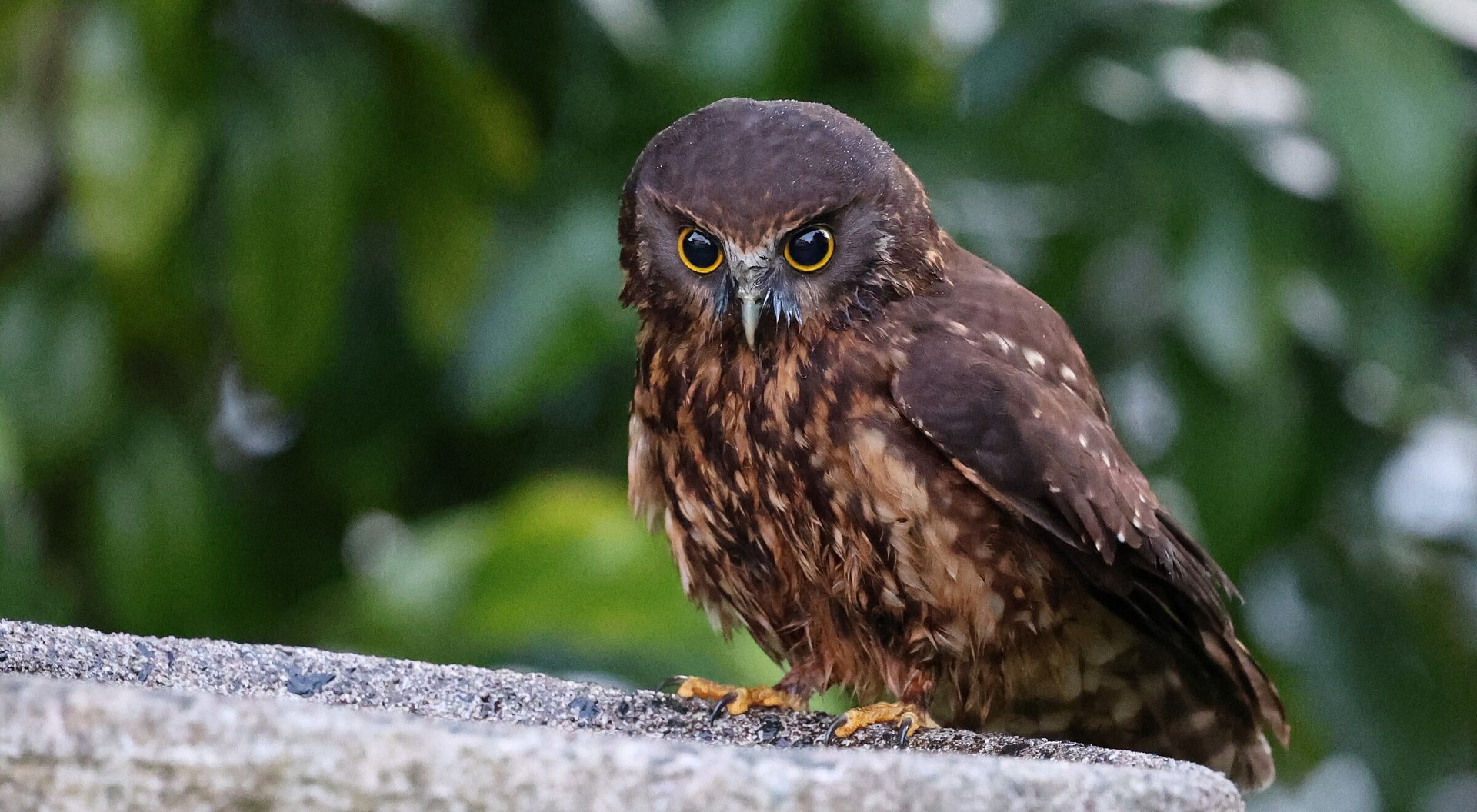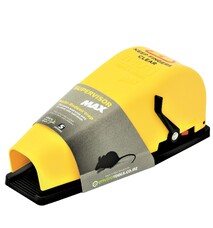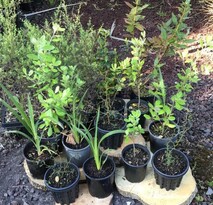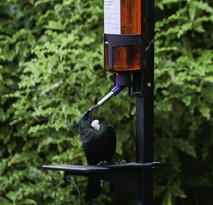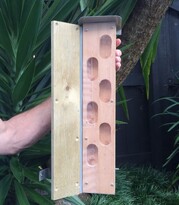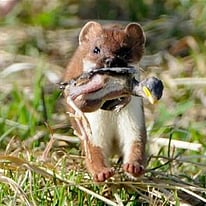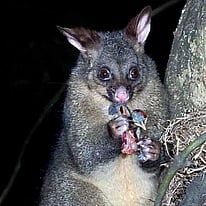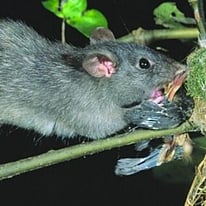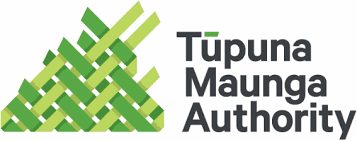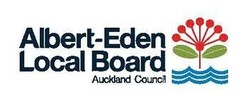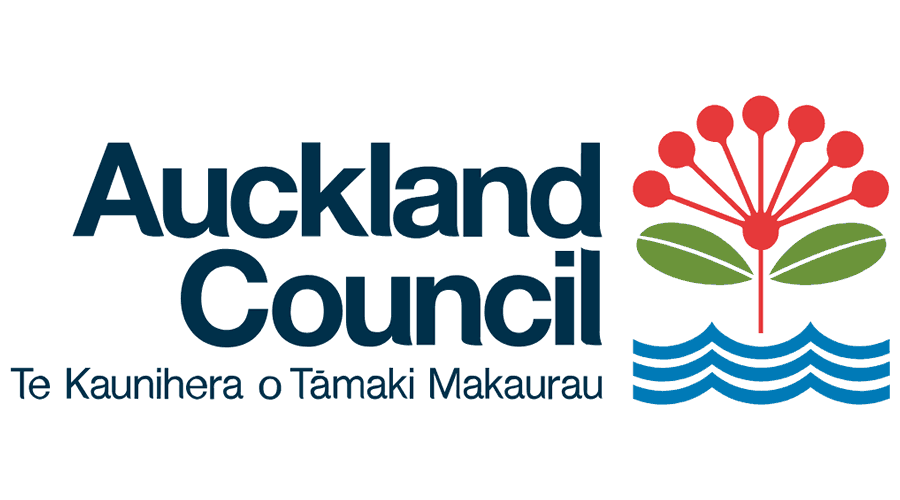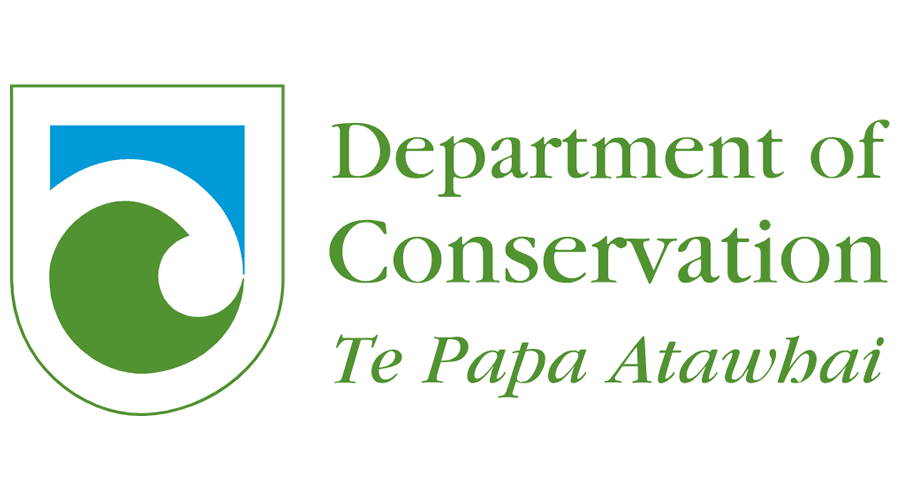Bringing the dawn chorus back to Maungakiekie
About us
Maungakiekie Songbird is a community driven project that has a mission to enhance the local habitat around Maungakiekie / One Tree Hill to help bring back the birdsong.
Launched in October 2020, we support households within a defined halo area around the perimeter of Maungakiekie / One Tree hill with a range of resources such as native trees, pest traps, bird feeders and weta motels. As of mid-summer 2025 we have close to 900 member households, which is roughly one third of all households within the halo area. If you're a local resident we would love to have you join up - please register on the 'register' tab and we will be in touch to arrange your requested resources. We are also working with local schools to help involve and educate the next generation on conservation activities - check out the school tab to overview some awsome activities we have undertaken with a range of local primary, intermediate and high schools.
Having been running for several years now the results from the earlier years work is starting to be realised, perhaps best summed up from Becky and AL of Tawa Road, who also provided this great photo of the Tui; "Just wanted to extend my sincere appreciation for all your help with my plantings back in 2022. We’re still progressing with the growing in and replacement of some losses. The results are already proving themselves with a friendly visitor the other day down from the Pohutukawa above during our first BBQ of the season We have Tauhou everywhere also, but wow they’re quick!"
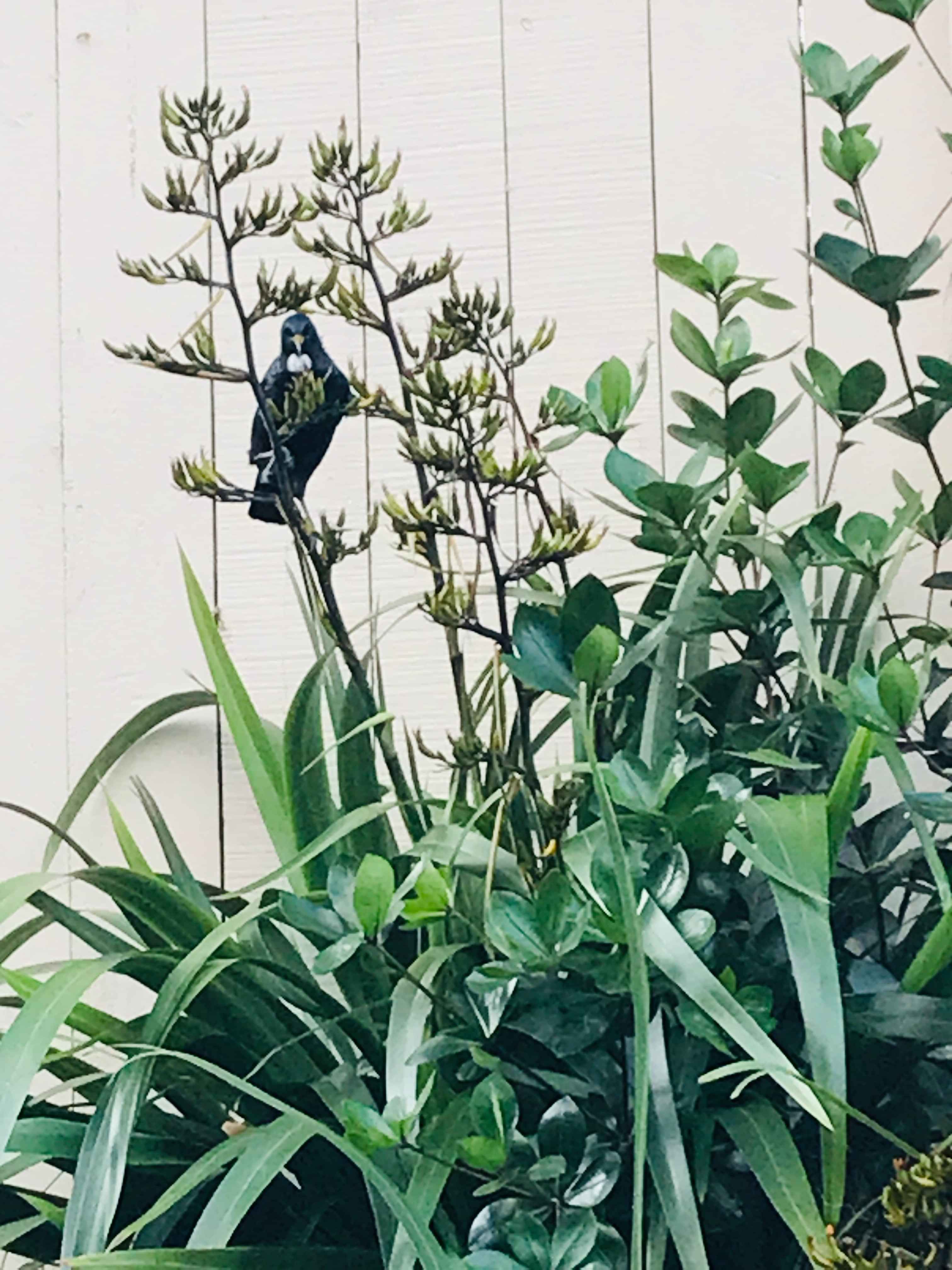
RESOURCES - native plant & trap collection events
For residents, businesses and organisations within the halo area we have a range of free resources that will help create a thriving local habitat.
From monitoring tools that detect the presence of predators, to traps that will reduce their population numbers, an enhanced range of native trees, including some very special specimens, creating shelter and a food source for birds and insects, through to bird feeders to attract birds to your garden.
Please register your interest on our 'contact us' page to reserve your tools. We will then contact you to arrange delivery of these resources.
For native plants, these are difficult to deliver so we run a series of collection events throughout the year where you can collect the plants of interest.
Our next handout event is Saturday 18th October 10am-12pm in One Tree Hill Domain, in front of Stardome.
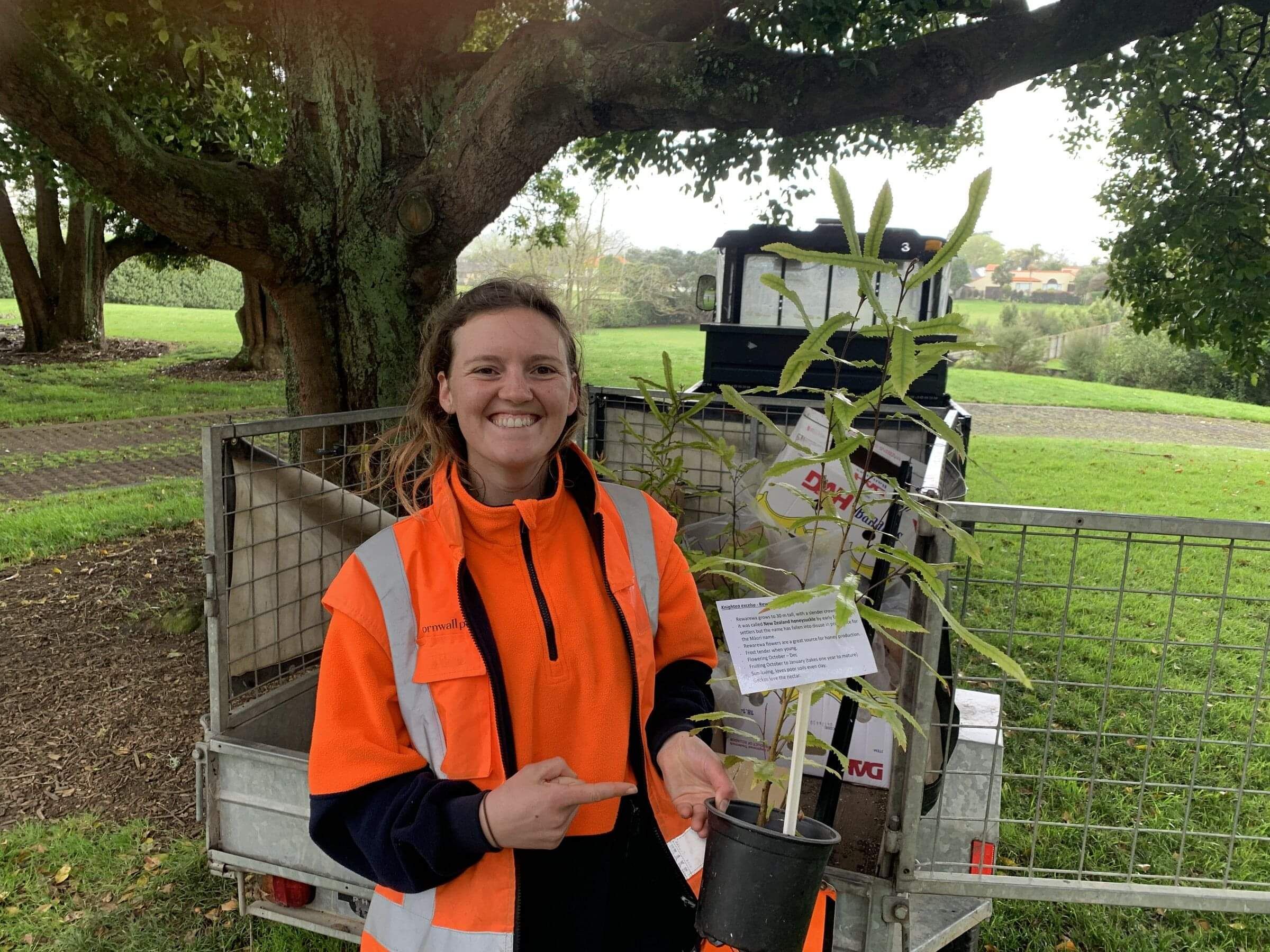
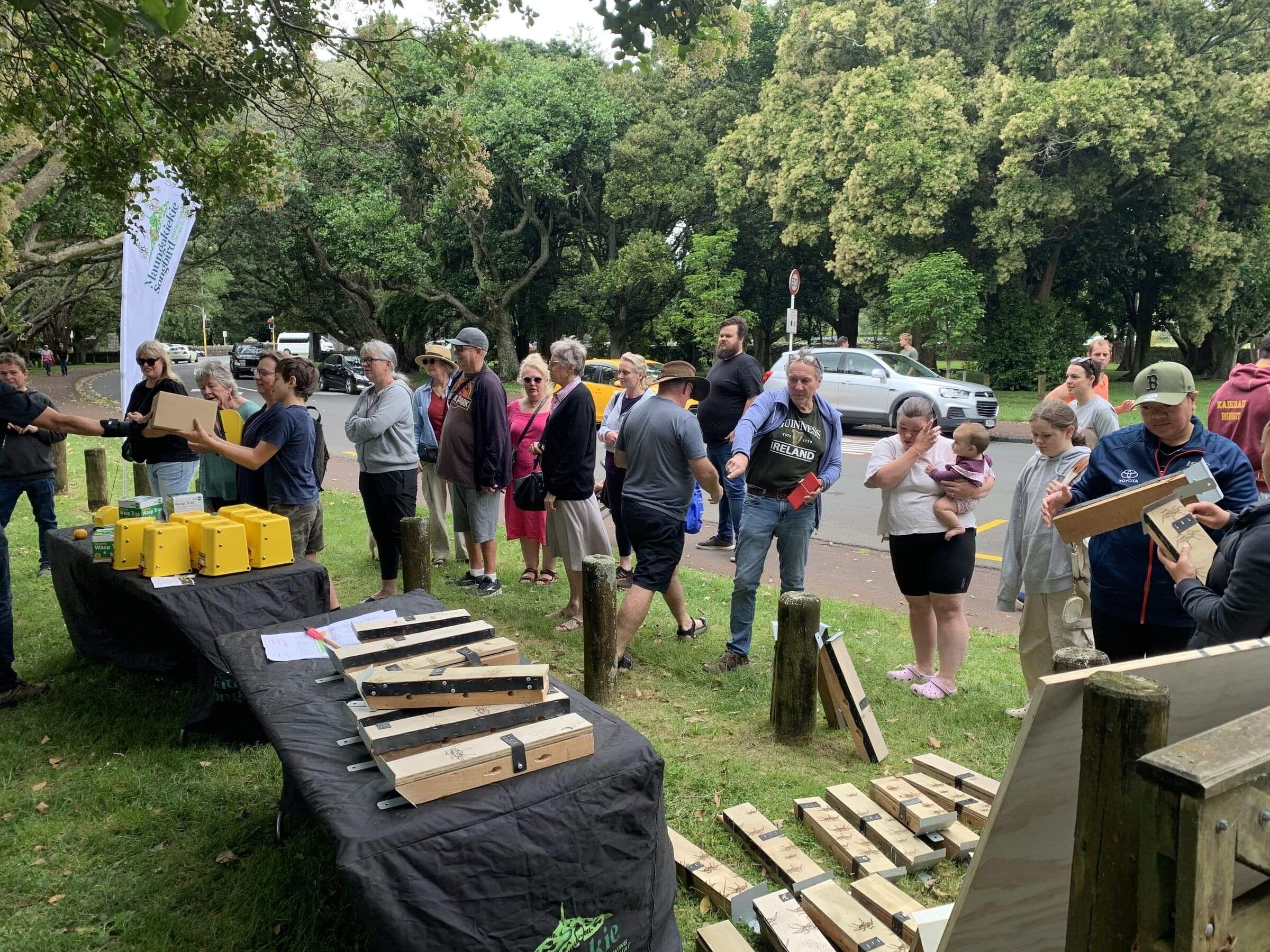
Next handout event = Saturday 28th February 2026
10.30am-12pm One Tree Hill Domain (in front of Stardome)
WHY PREDATOR CONTROL IS VITAL
New Zealand doesn't have a great record for looking after what was here before mankind came along. But while humans have done their bit with hunting and habitat destructions, it's the introduced predators are the major ongoing threat.
Aligned with the aspirations of a Predator Free 2050 New Zealand and Auckland Councils goal of Pest Free Auckland 2050, Maungakiekie Songbird is supporting local predator control/suppression efforts by making the latest in trap innovations freely available to local halo residents, in order to encourage them to set traps that will not only reduce predator numbers and help protect re-invasion into the park, but also provide a greater sanctuary for our native wildlife.
Creating a backyard habitat to support native wildlife
Whether you have a large or small garden at home, invite birds over with native plants that provide a year round supply of food and shelter. Tūi's favourite nectar source for instance is the highly attractive Kowhai.
A small garden can still attract birds, especially over winter and spring when Tūī, bellbird and Kererū (native wood pigeon) will travel considerable distances in search of flowers and fruit. So while your garden may not be large enough for some species to nest and breed they may still use it as a seasonal feeding ground.
We also recognise that its not just wildlife that have benefited from our native flora - NZ natives have been key to the early establishment of New Zealand, from being used by Maori for medicinal purposes (Kawakawa, Horopito, Koromiko, Poroporo, Pukatea, Houhere, harakeke, Kowhai), they were a key resource for early transport such as waka's to ship masts (Tōtara and Kauri) through to providing the key materials for many of our early houses (Rimu, Tōtara, Kauri, Mati, Tawa). However the combination of depleting species such as Kauri, and large scale planting in 1920's & 30's of large production forests of mainly radiata pine saw a move away in the 1950's to pine as the go to timber.
So there's a lot of reasons to restore the local habitat with planting natives in your garden. After all 85% of NZ natives are found nowhere else in the world.
Do however remember some NZ natives look very different when they are in the juvenile stage compared to when they are adults (species that are like this include Ribbonwood, Matai, Lancewood, Kaikomako, Kahikatea, and Northern Rata), something to factor in when selecting plants to add to your garden.
The following links provides some great advice to helping establish a healthy backyard habitat: https://www.doc.govt.nz/get-in... https://www.tawapou.co.nz/abou...
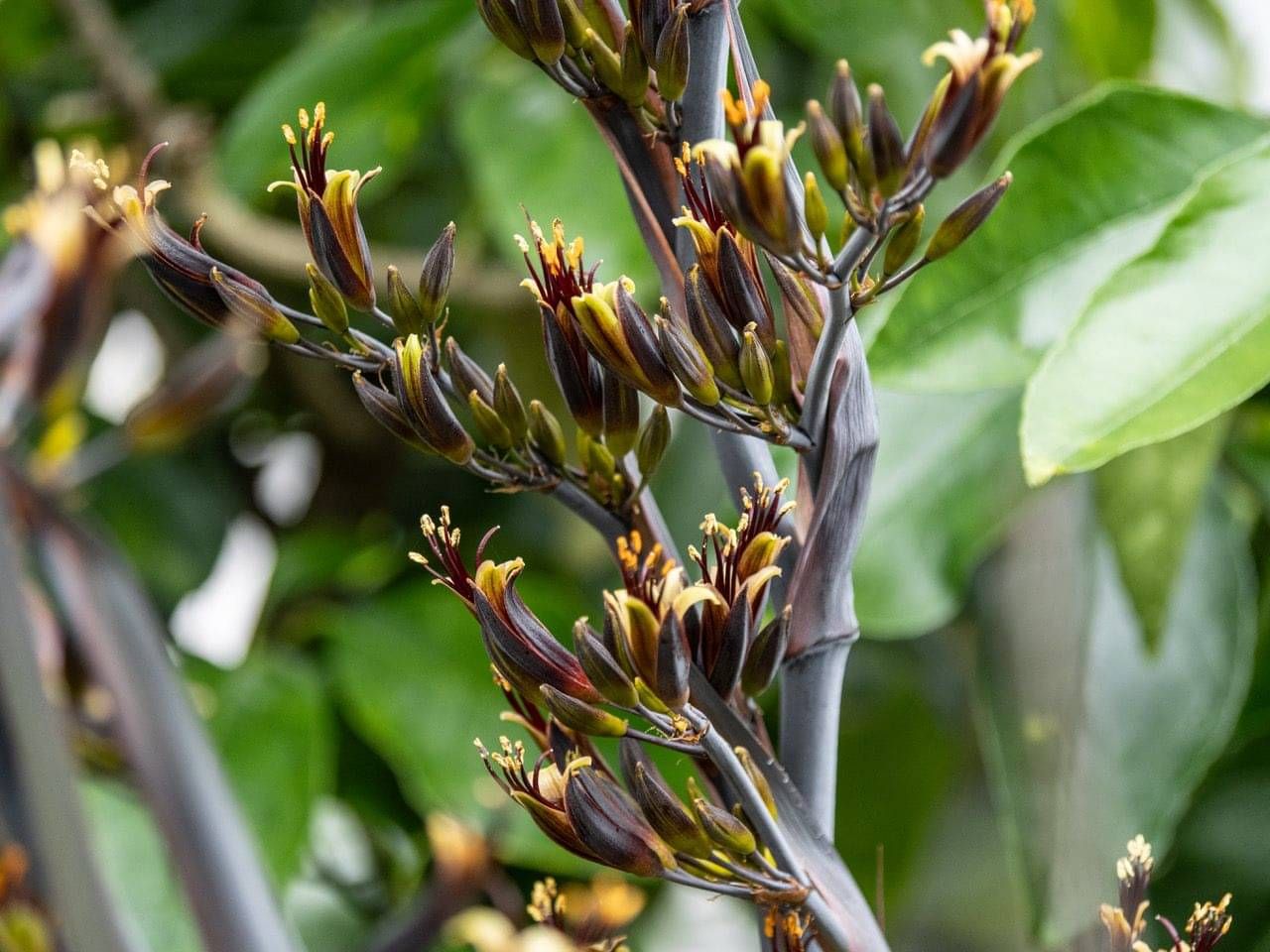
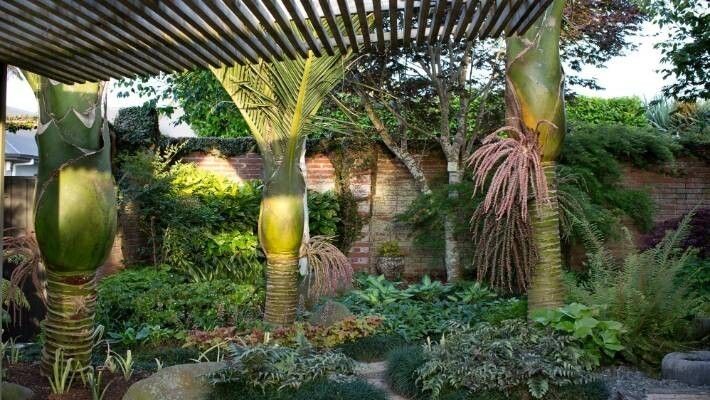
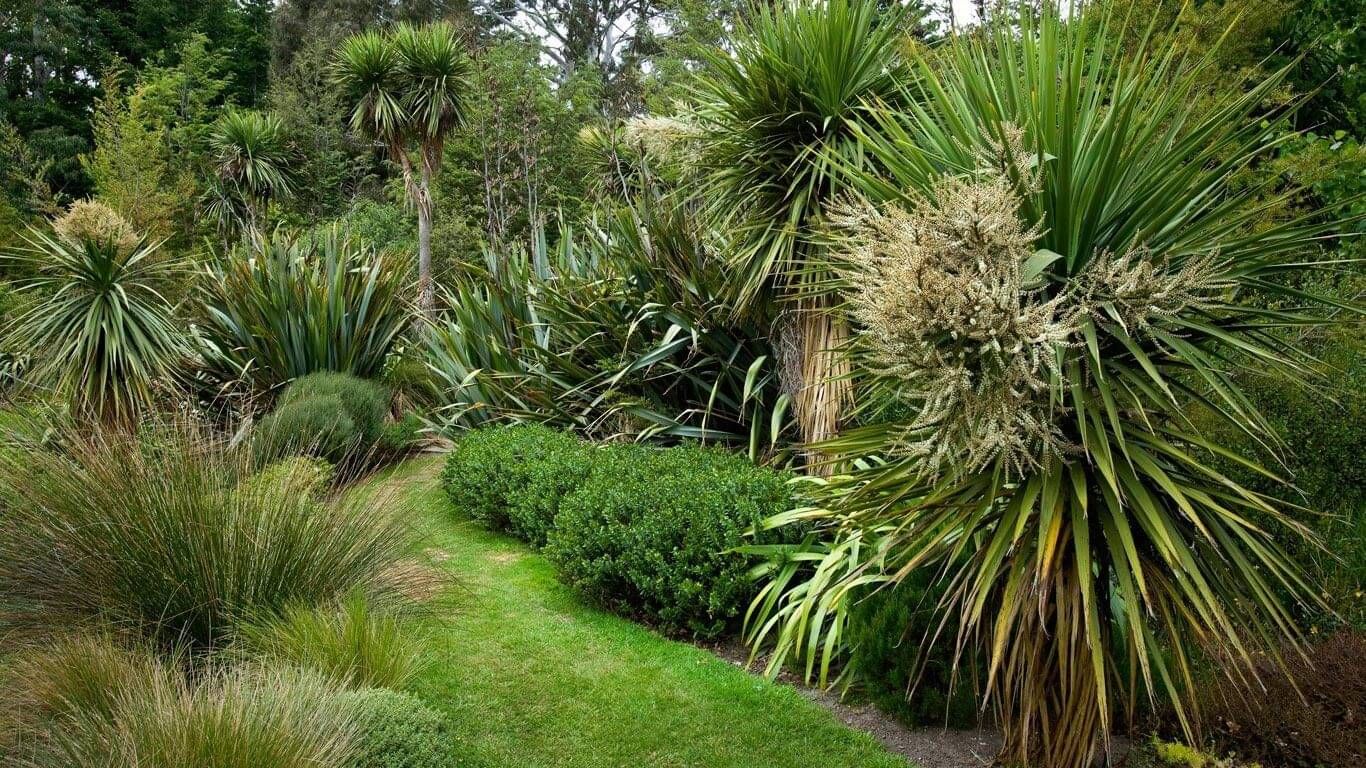
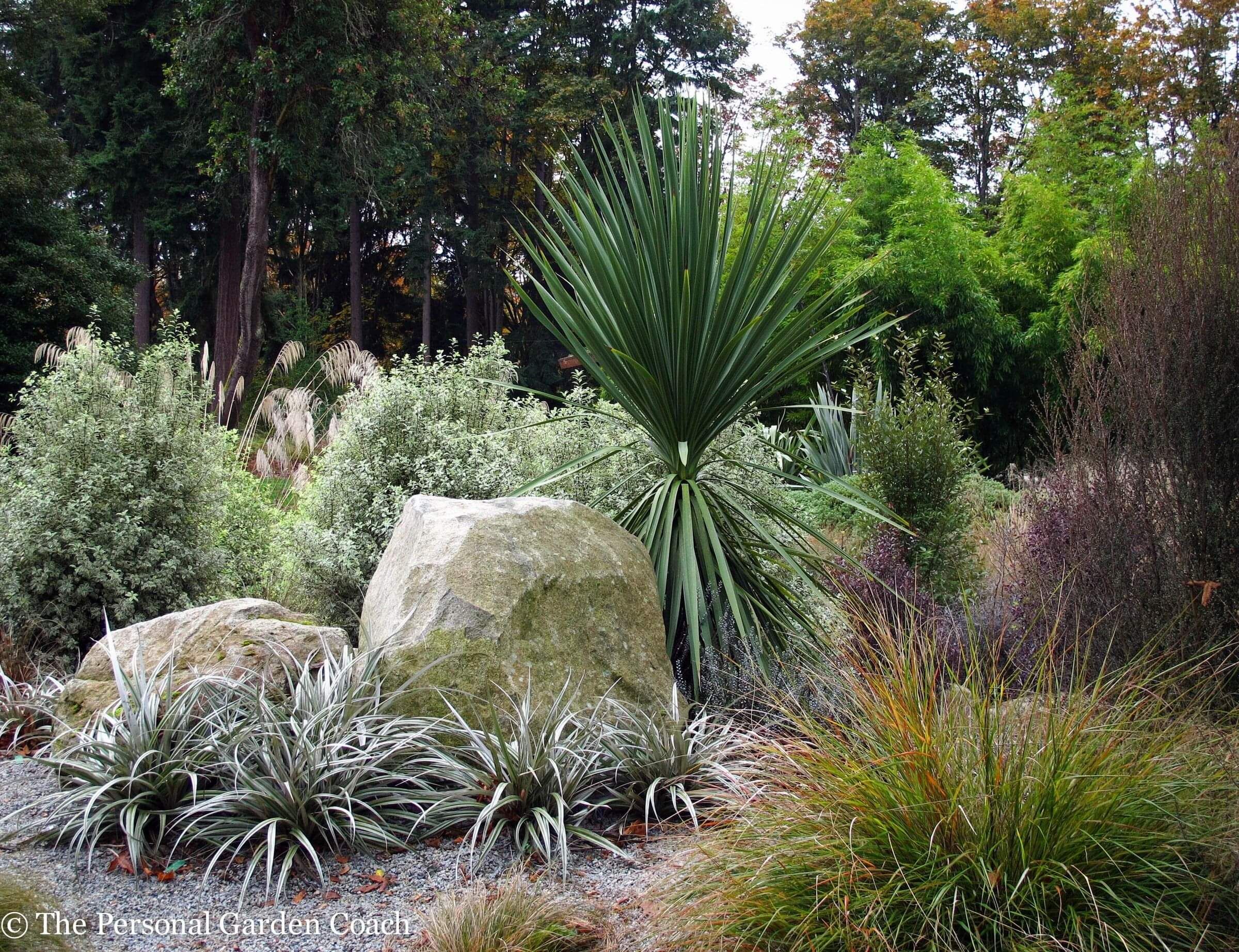
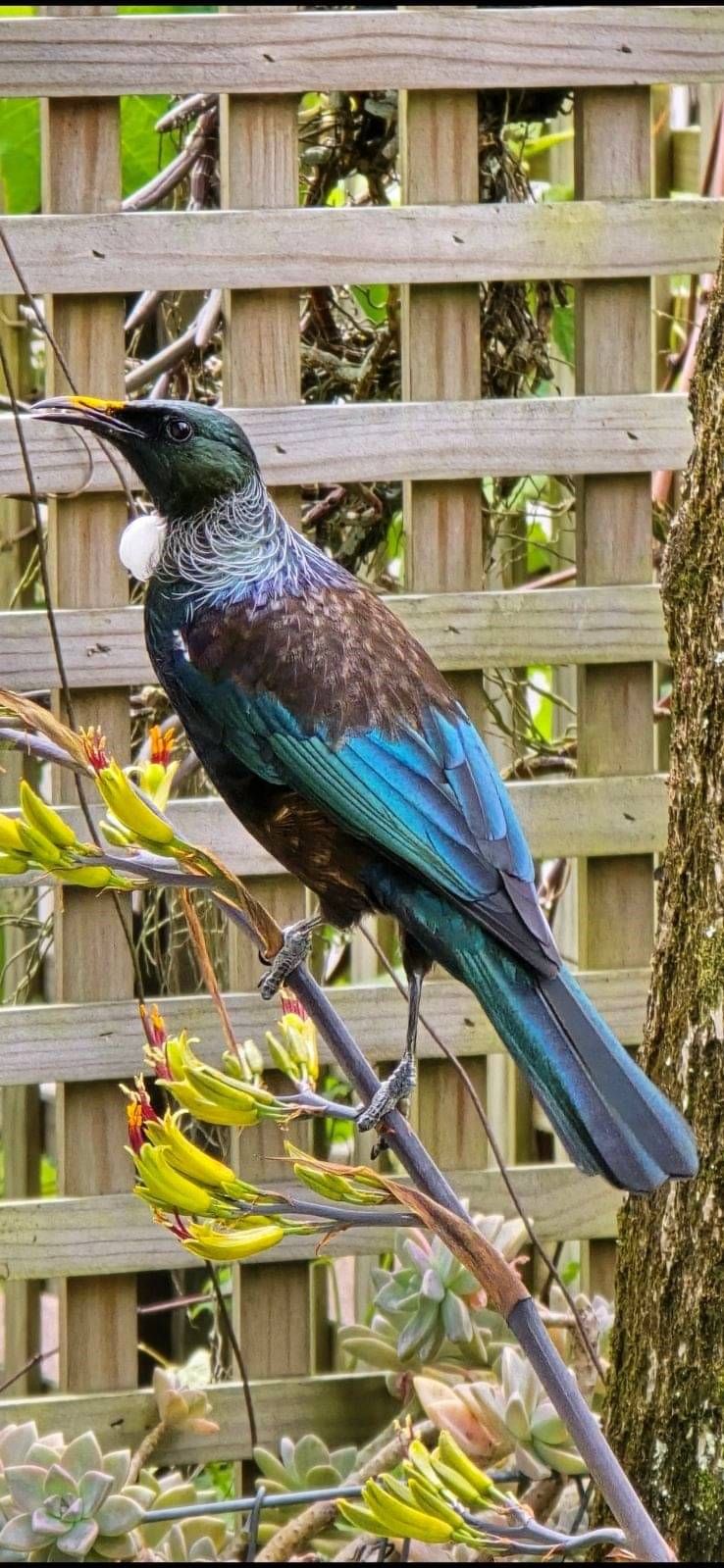
OUR PARTNERS
Special thanks to our partners for their ongoing support of our project.
The support of Cornwall Park Trust Board and Tūpuna Maunga Authority, the two administrators of Cornwall Park and Maungakiekie/One Tree Hill, has been invaluable. We share a common goal to see nature thrive and are working together to build Maungakiekie into a world leading experience for local residents and visitors.
A huge thanks also to our ongoing sponsors - Auckland Council, both the Maungakiekie-Tāmaki Local Board and the Albert-Eden Local Board, and the Department of Conservation. Their support enables us to provide a range of resources to local residents within the halo area, as well as engage the wider community such as schools.
